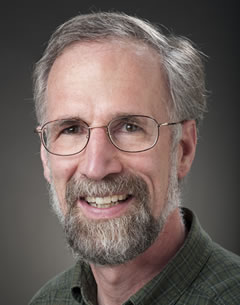
William Cronon
Frederick Jackson Turner and Vilas Research Professor of History, Geography, and Environmental Studies, University of Wisconsin-Madison
April 15, 2013 — 4:10 PMInternational House Auditorium — 2299 Piedmont Avenue, Berkeley
About William Cronon William Cronon is one of America’s leading historians. He has done pioneering scholarly research in environmental history and conservation history, and the history of the American West. Among Cronon’s extensive writings are the books Changes in the Land: … Continued
International House Auditorium - 2299 Piedmont Avenue, Berkeley Berkeley Graduate Lectures [email protected] false MM/DD/YYYYAbout William Cronon
William Cronon is one of America’s leading historians. He has done pioneering scholarly research in environmental history and conservation history, and the history of the American West. Among Cronon’s extensive writings are the books Changes in the Land: Indians, Colonists, and the Ecology of New England (1983), Nature’s Metropolis: Chicago and the Great West (1991), both of which offered highly original analysis of human interactions with the natural world, of wide influence in the literatures of history, cultural geography, and environmental studies. His books have been recognized with the Francis Parkman Prize of the Society of American Historians, the Bancroft Prize for best book in American history in 1991, and the George Perkins March Prize from the American Society for Environmental History. His eminent standing in the profession was recognized with his election in 2010 as the president the American Historical Association. He has also been president of the American Society for Environmental History.
Presently, Cronon is completing a book entitled Saving Nature in Time: The Environmental Past and the Human Future, on the evolving relationship between environmental history and environmentalism, and what the two might learn from each other. His numerous other works include the edited collection of essays entitled Uncommon Ground: Rethinking the Human Place in Nature (1995), which explored the implications of different cultural ideas of nature for modern environmental problems.